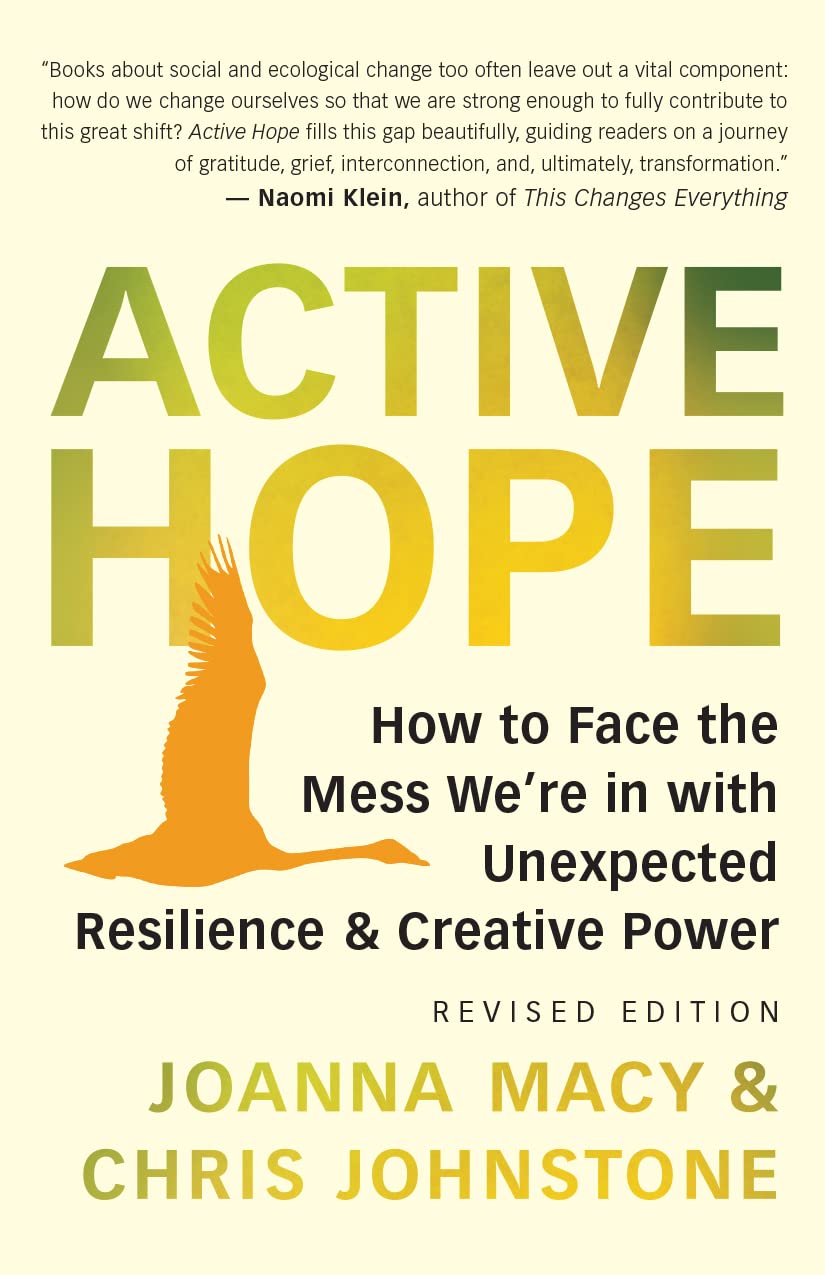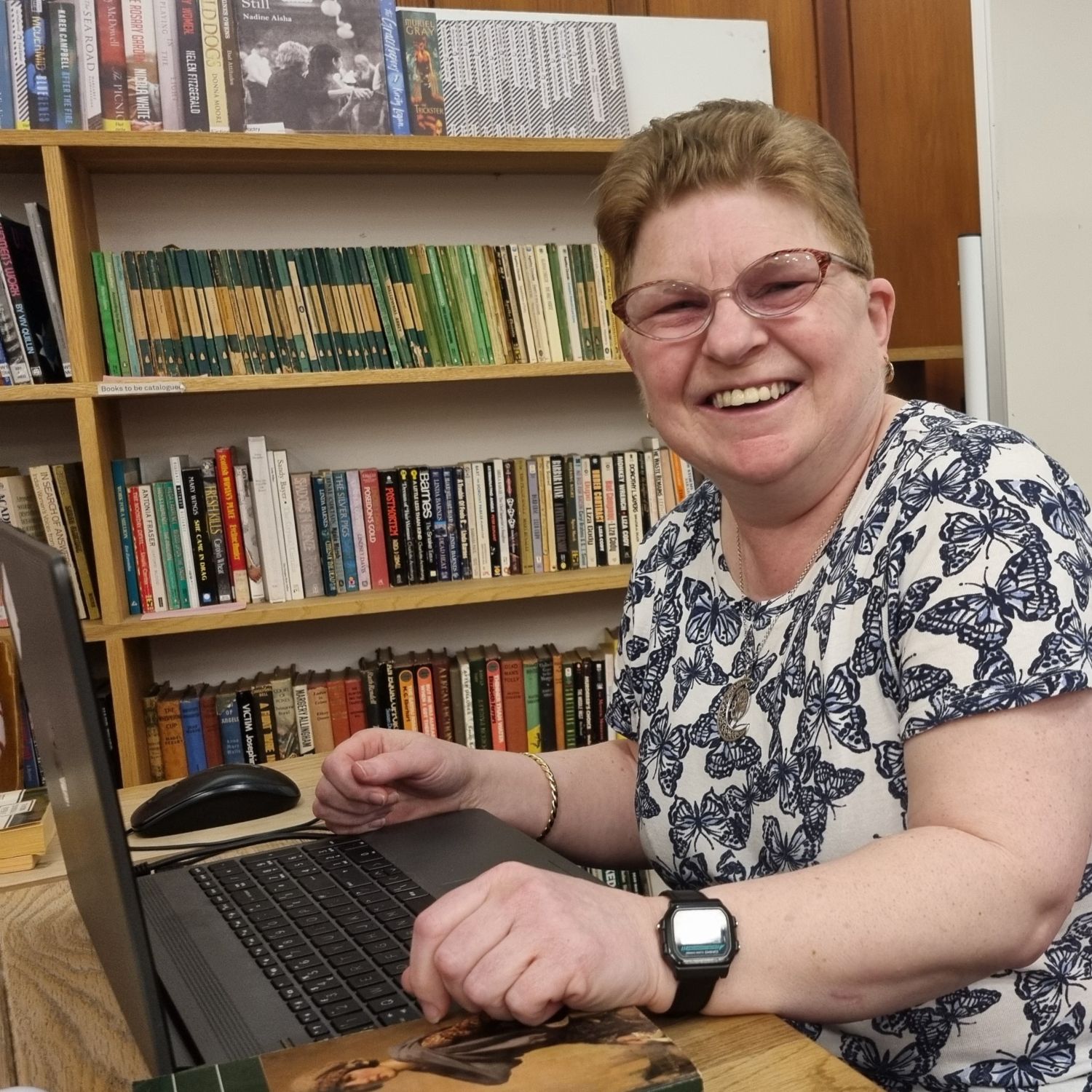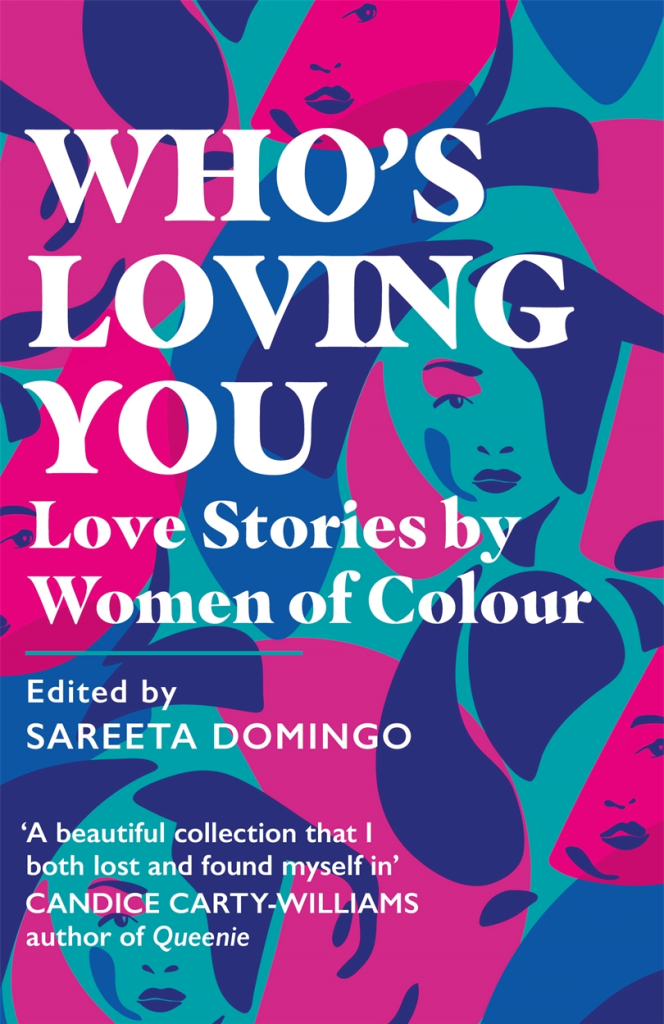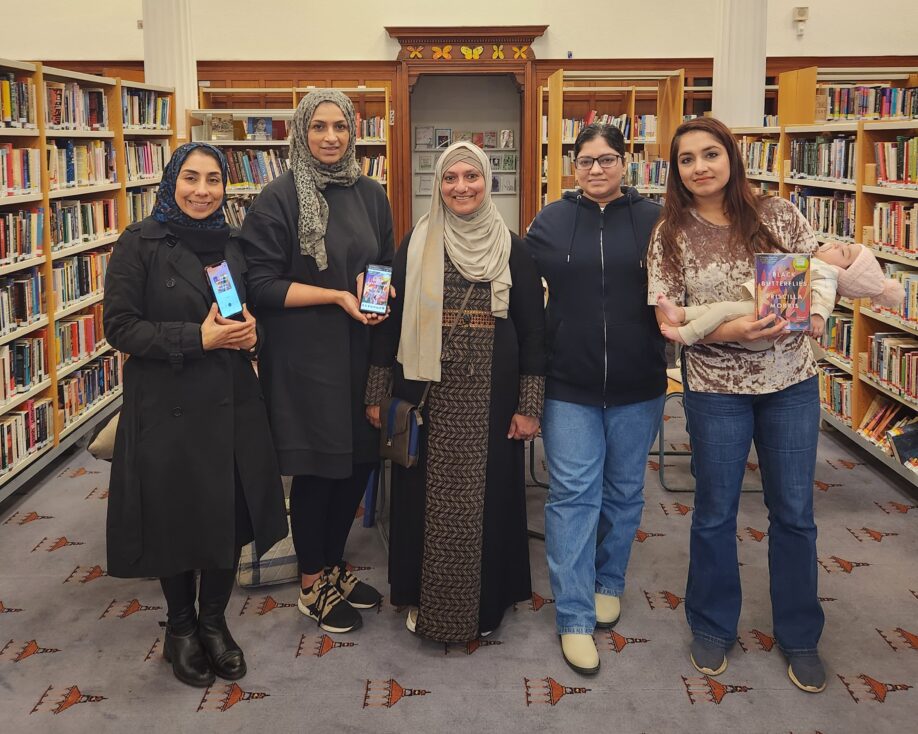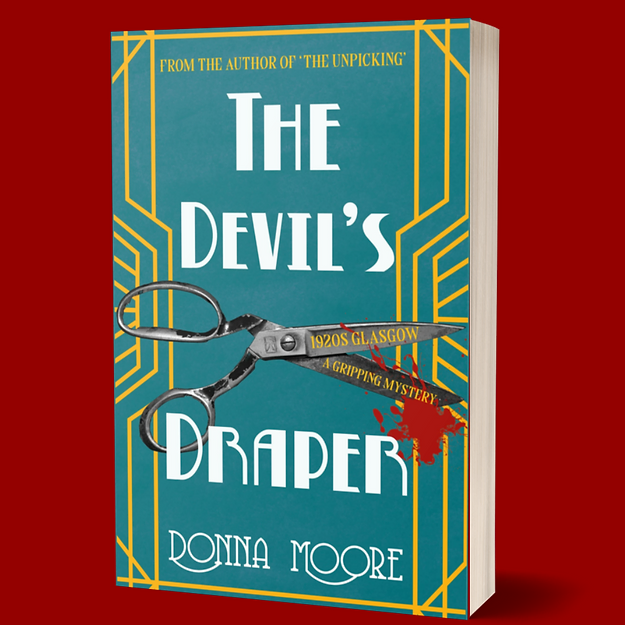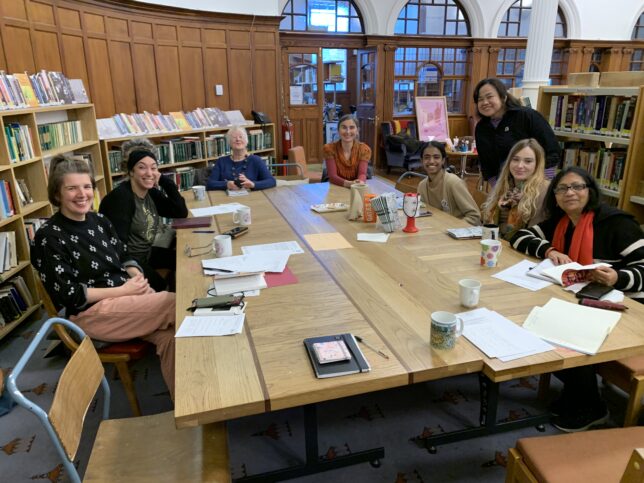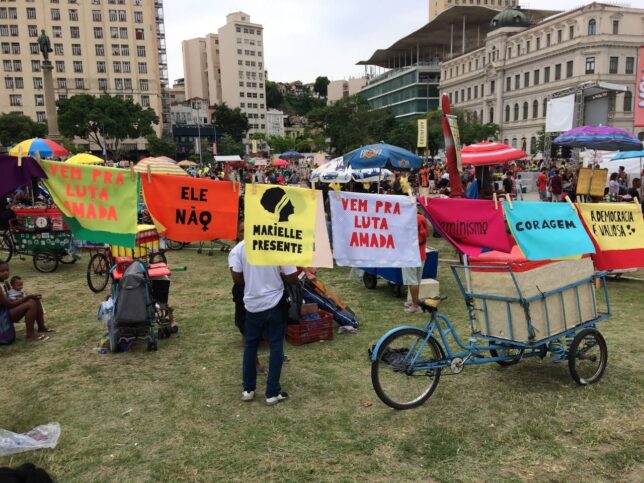
I have been on a journey of exploration and learning over the past year and a half. I like to think that I am someone who is properly committed to ‘lifelong learning’ but I have grasped golden opportunities that I have been given of late that have deeply ratcheted up my thinking, given me thorny and exciting challenges, and changed my mind.
In 2018/2019 I took a ‘productive pause’ after 27 years as a volunteer and staff team member at GWL to undertake a Clore Fellowship. You can get a flavour of the wide range of activities, visits and collaborations I undertook during a jam-packed seven months of intense learning here. The Fellowship gave me time to think about my contribution to the GWL story and the other ways I had ‘lived my feminist life’, and what I might demand of myself going forward.
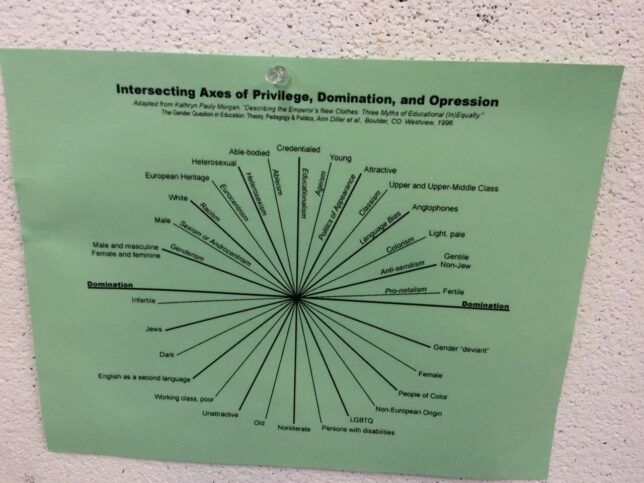
At the heart of the cluster of questions I wanted to grapple with during Clore were: What have I been doing? What have I learnt over that past 40 years or so – as an activist, as a feminist, and as someone who has fought for and brought new organisations and cultural groups (at some personal cost and also with much joy!) in to the world? What do I need to learn more about cultural and creative (Feminist) Leadership?
As I became involved in Clore, and learnt more about the deep and seemingly intractable inequalities in the sector, as well as the wealth of different ways the counter culture has been developed, the questions became more complex, the issues more contested and the questions more compelling:
What is intersectional feminist leadership? Why, in the growing ‘industry’ of Equality, Diversity and Inclusion (in training, consultation, communications about EDI from the big, Established, often London-centric power base of cultural institutions etc.), is the word feminism rarely mentioned? What is it that prevents leaders in the cultural sector, even those who are champions of equality, from using the F word to describe their approaches? Are feminist organisations doomed to be critiqued for being either models of the ‘Tyranny of Structurelessness’ or co-opted versions of ‘Command and Control’? Is feminist leadership itself a contradiction in terms? These and other dilemmas are some of the questions I have been researching, supported by Clore Leadership and the Arts and Humanities Research Council (AHRC).
One of the most effective ways of self-reflecting is of course to find out more about how others think and work. For me this meant taking full advantage of the remarkable life knowledges, lived experiences and professional insights of the Clore Cohort 2018/2019 and also meeting people, seeing things, and connecting with feminist and countercultural institutions across the world. A core question uppermost in my mind: what are the key qualities that make for sustainable, ethical ways of working and how can I intuit this through learning lessons from the past and from new initiatives?
I was of course looking at the bigger picture; about how GWL works (differently) in relation to the wider museum and cultural sectoral setting. This was an opportunity to learn more about mainstream models; to gain experiences and mentoring from external colleagues who were trying to effect change and find out how ’blockers’ and ‘struck’ areas are preventing progress. How might feminist ways of working help to bring about meaningful inclusion in the cultural sector and the deep change that is needed?
As the Clore Leadership Fellowship concluded, the AHRC research grant enabled me to process all of this new knowledge that has come together in a 100,000 word report. Combining extracts from interviews with feminist leaders, learning gathered in Brazil, Nairobi, USA, London, Bologna and Glasgow, extracts from weekly audio diary recordings I made throughout Clore – all weaving through an academic analysis of (feminist) leadership in historical and global settings.
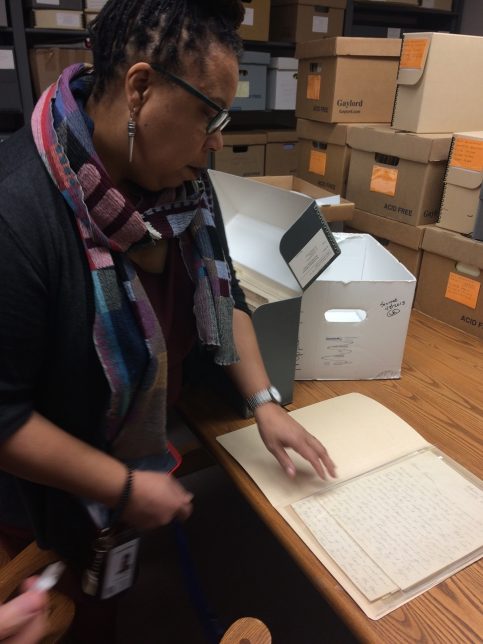
I make a case for both using this term Feminist Leadership (and for a revisiting of the term and the role of ‘Elders’ in countercultural contexts) and critically, I cite the many ways that Women of Colour and women in the Global South have been and are in the vanguard of defining and modelling feminist leadership.
Throughout, I include personal breakthrough episodes and dilemmas and use all of the learning during Clore and in reflection on my GWL ‘career’ to date to discuss how righteous anger, kindness, hope and the Weight of Feminist Leadership is managed in feminist values-led institutions. The Report culminates in a cluster of demands of myself, for GWL and for the cultural sector going forward.
Although Clore and the Post Fellowship research process was a personal one, I was supported throughout the research process by the GWL Board and staff team, by a GWL based research assistant, Mae Moss, by an academic supervisor, Helena Reckitt from Goldsmiths, University of London, and by a team of skilled, encouraging and deep thinking GWL volunteers. All the supporters, collaborators and contributors and the organisations I took inspiration from during the Clore adventure are cited here.
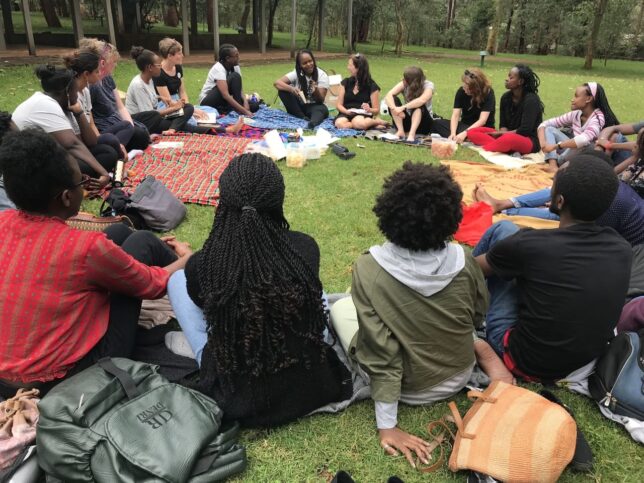
My feminist leadership learning is being shared in a range of dissemination events here.
The books, podcasts and websites that fueled my Clore and Post Fellowship research journey along with the published and unpublished writing I produced in this period exploring feminist leadership are here …
Click here for the The Moving Mountains: Visioning Intersectional Feminist Leadership homepage.

